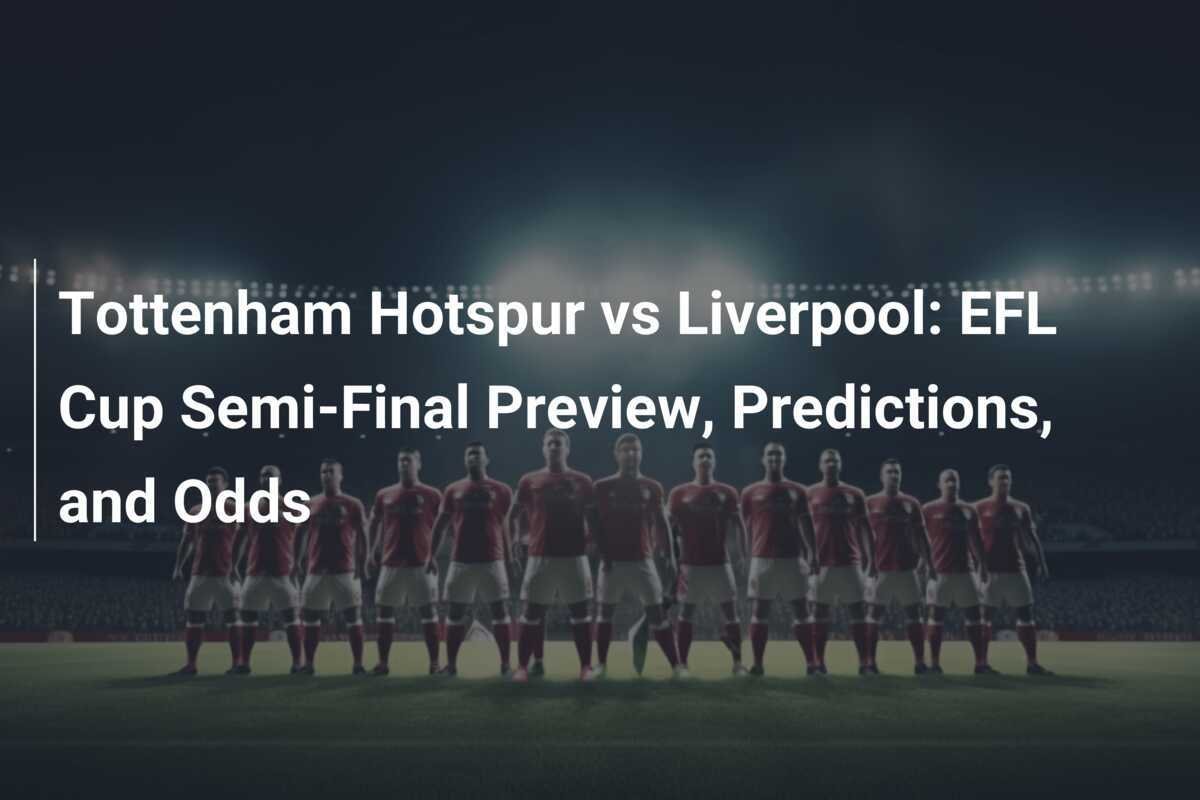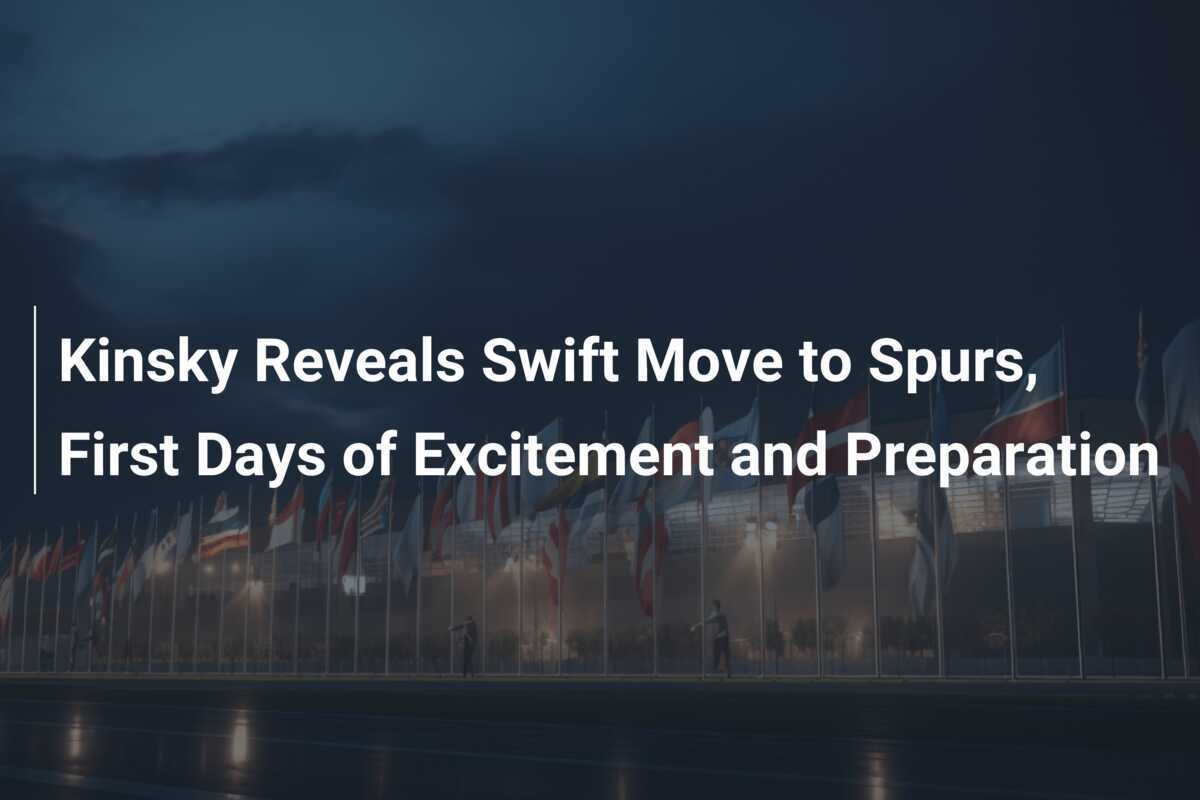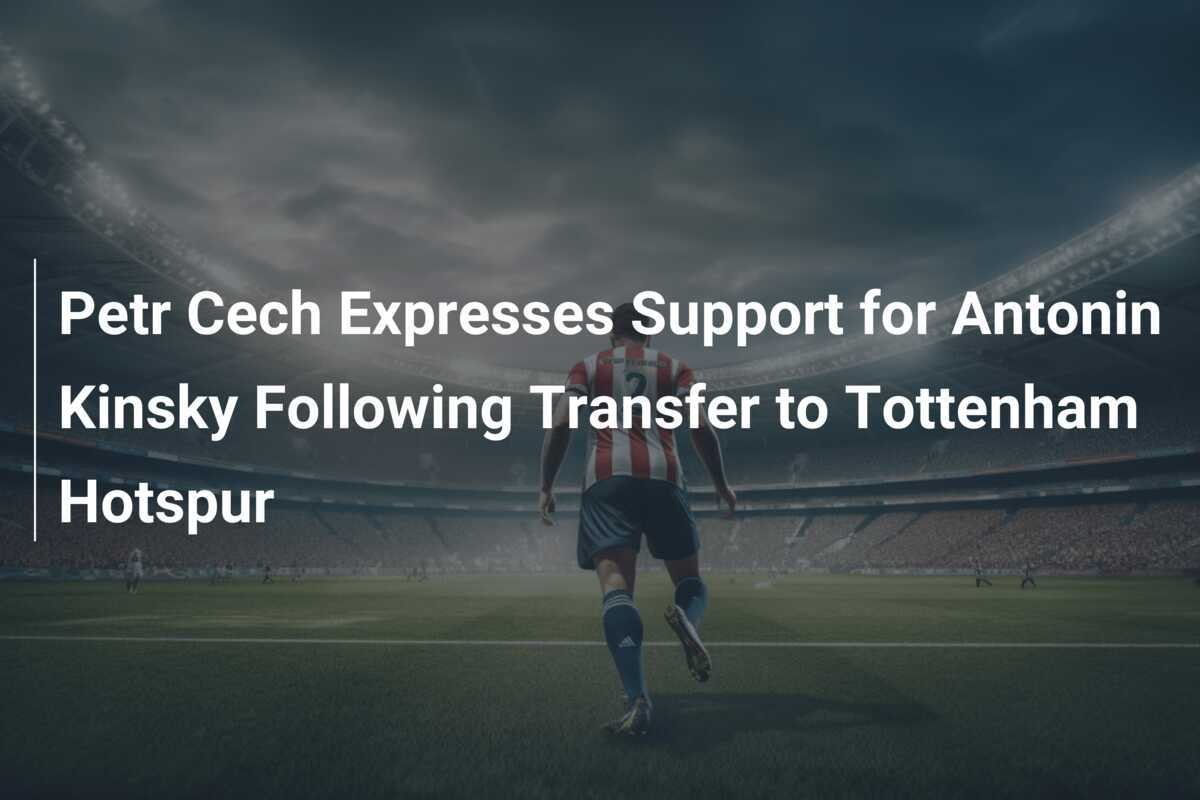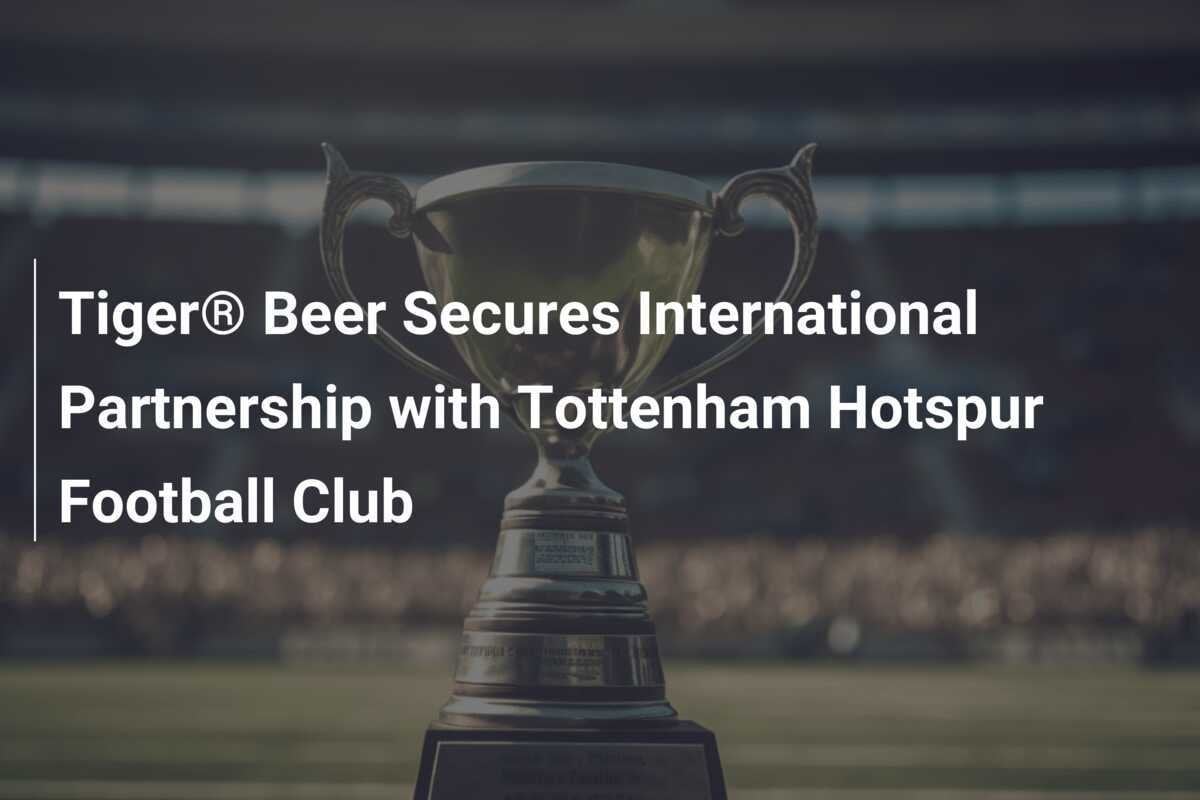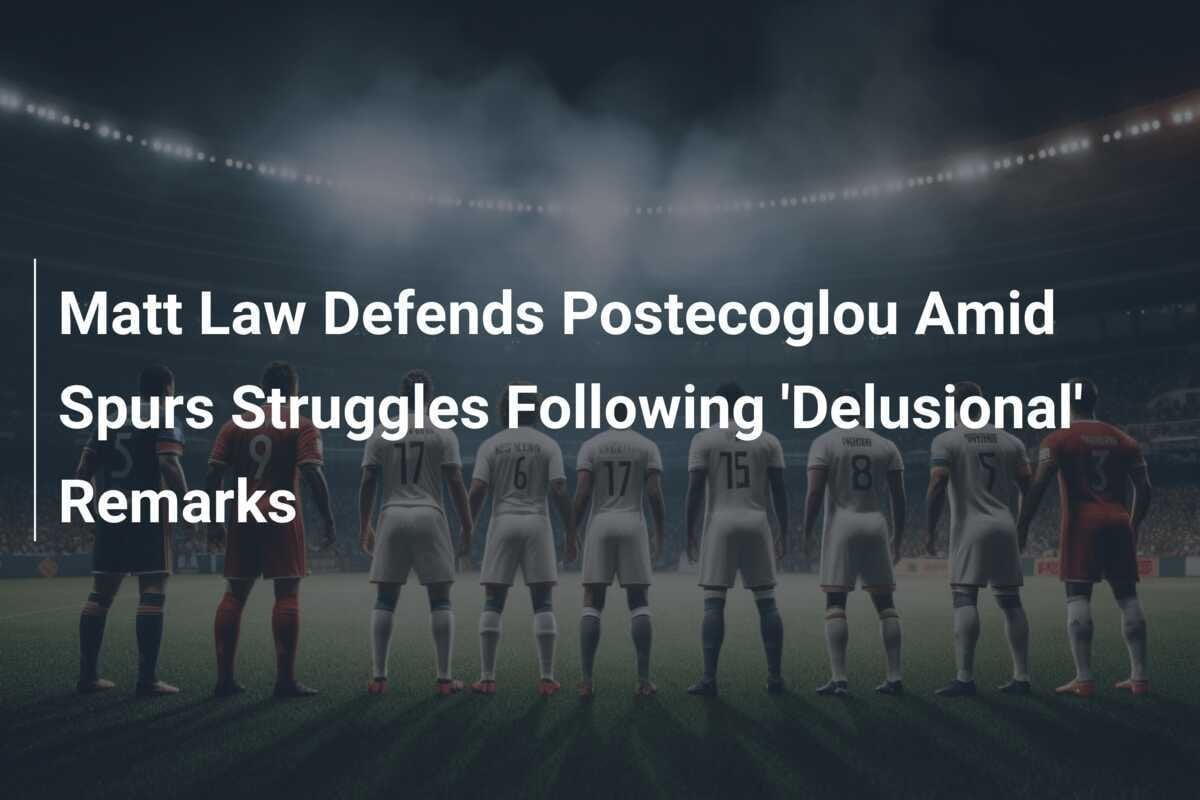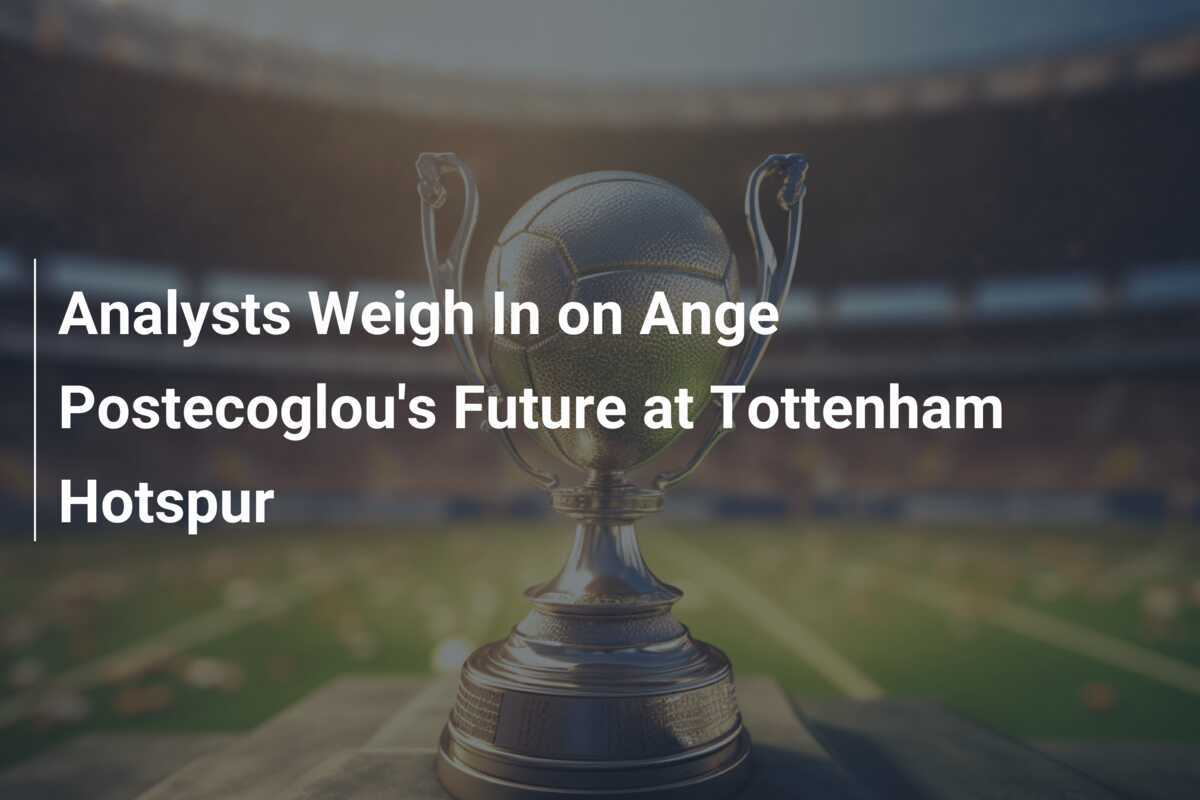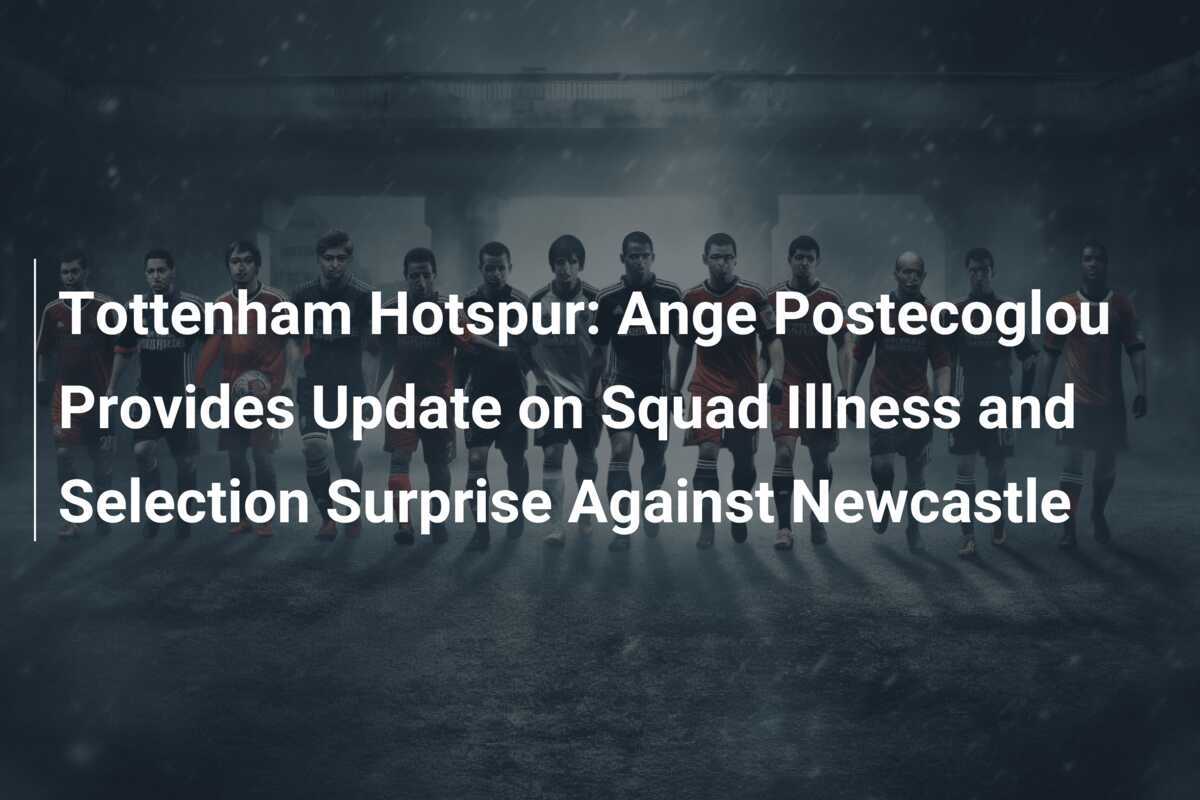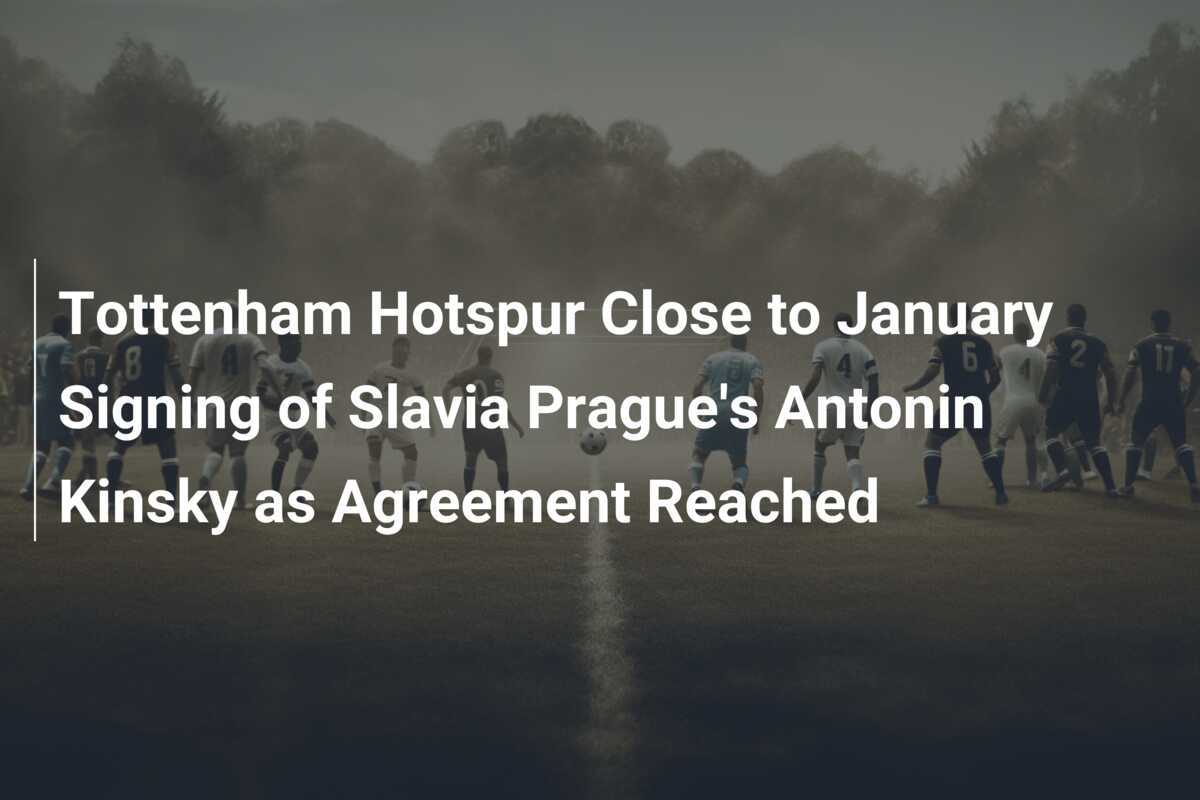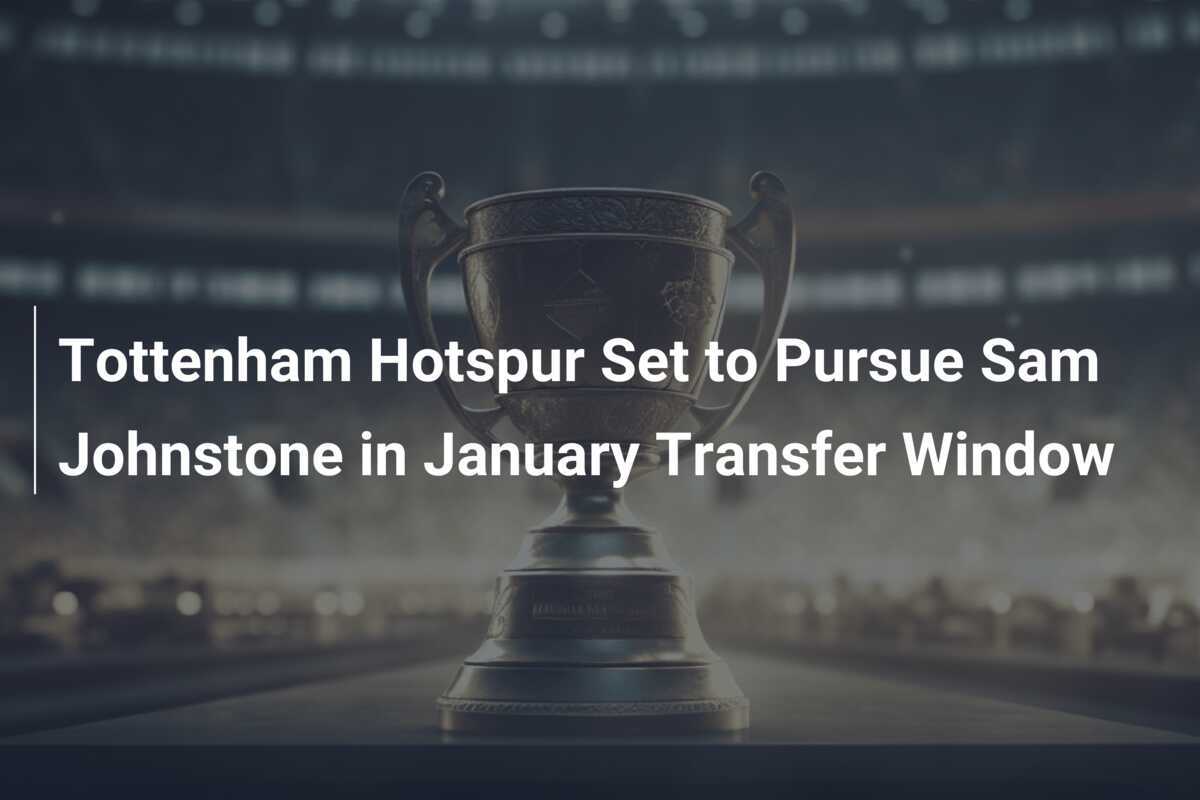Following Tottenham Hotspur's disappointing 2-1 defeat to Newcastle United on Saturday, the pressure on manager Ange Postecoglou has intensified significantly.
The match began promisingly for Spurs, with Dominic Solanke putting the Lilywhites ahead early in the first half at the Tottenham Hotspur Stadium. However, the optimism was short-lived as Anthony Gordon levelled for Newcastle just two minutes later, a goal that raised eyebrows due to a handball incident involving Joelinton during the build-up. Alexander Isak then capitalised on Spurs' frailty, scoring from close range just before the break, leaving the home side struggling to penetrate a resilient Newcastle defence.
"I’ve never lacked confidence," Postecoglou stated in the aftermath of the game. "I understand the results aren’t meeting expectations, and I get that people may not accept the circumstances we find ourselves in. You saw Archie Gray’s performance; Lucas Bergvall was phenomenal as an 18-year-old in such a demanding position. There’s a lot to be optimistic about, but we must start securing wins. Typically, when you perform well, you reap the rewards. Sadly, we were held back today."
This latest defeat marks Tottenham's fourth consecutive match without victory, leaving them languishing in 12th place in the Premier League. While injuries and suspensions have certainly impacted their season, the campaign has been forgettable so far, leading to increasing scrutiny of Postecoglou's role. The critical question remains: Should the Australian be shown the door, or does he deserve more time to rectify the situation?
Below, the writers from football.london share their thoughts on whether Postecoglou should retain his position at Tottenham.
Lee Wilmot
It’s undeniable that Tottenham’s form has been subpar this season. Sitting in 12th place is far from acceptable. However, one cannot ignore the fact that Postecoglou has faced an extraordinary injury crisis.
Against Newcastle, Spurs were reduced to just one first-team player in their backline for the entire second half, relying on four full-backs and a third-choice goalkeeper who had limited prior experience. Two of those full-backs rarely play, and to have an 18-year-old thrust into that position reflects the dire circumstances. Despite these factors, the Lilywhites have struggled in front of goal, failing to make the most of their attacking prowess.
While Postecoglou's steadfast approach is admirable, it raises questions given the player availability. I still have faith in him and believe there are currently no better alternatives on the table, but the situation is not enjoyable, and Daniel Levy could decide to act at any moment.
Isaac Johnson
Placing all the blame squarely on Postecoglou after the loss to Newcastle would be unjust, especially considering the baffling no-handball decision that preceded the equaliser. Had that been called differently, the match’s dynamics could have shifted significantly. Overall, it’s clear that Postecoglou is prioritising securing silverware this season.
The League Cup campaign looked promising until they were drawn against Liverpool, facing a daunting second leg at Anfield. If he clinches a trophy, he would accomplish what Harry Redknapp, Jose Mourinho, and Mauricio Pochettino could not, making a lacklustre league campaign worthwhile. However, failure could lead to his exit, making Wednesday's match crucial for his future.
Isaac Seelochan
Tottenham have been underwhelming for a while, barring the odd standout result. Postecoglou had a solid start last season, but teams have largely figured them out. One striking point is that Bournemouth, managed by someone with a similar tenure, currently sits above Spurs in the table. Under Andoni Iraola, they outplayed Spurs despite having spent significantly less on their squad.
Postecoglou has often appeared somewhat aloof and thin-skinned in his media interactions, yet he has garnered goodwill. I fear he won’t see out the season, and such an outcome might not be entirely unwarranted.
Tom Coley
The evidence suggests Postecoglou should be in serious jeopardy. While performances have not been dismal, which may offer him some reprieve, there are clear issues. Unlike the sudden departures of Mourinho and Conte, who were critical of the club and achieved little, Postecoglou seems to have the players’ backing, although it appears to be a chaotic form of it.
The team mirrors Postecoglou’s own persona; he encourages them to run, be brave, and stick to his philosophy. However, this has left the defence exposed. He risks stagnation by not adapting, but any significant changes in the coaching staff could be a gamble, especially considering that Tottenham was aware of what they were getting with Postecoglou.
While sitting in 12th place is far from ideal, the criticisms of his style were established from the start. Yet, dismissal doesn't offer a guaranteed solution; recent history, including Manchester United's managerial changes, shows that can often result in more issues. The prudent course of action may be to weather the storm until the summer and reassess. At least Postecoglou is striving for progress, a notion absent under his predecessors.
Sam Truelove
Sacking Postecoglou seems counterproductive to me. Yes, the results have been disappointing, but context is everything. Injuries and suspensions have severely impacted Spurs, evidenced by the pairing of Djed Spence and Archie Gray in centre-back roles against Newcastle.
I am confident Postecoglou can turn things around, especially if the January transfer window goes well, with a hopeful return for key players like Richarlison and Cristian Romero. The squad seems to have embraced Postecoglou’s tactics, and pulling the rug out from under them could undo all progress. It’s essential to remain calm, keep faith, and the rewards will eventually follow.

